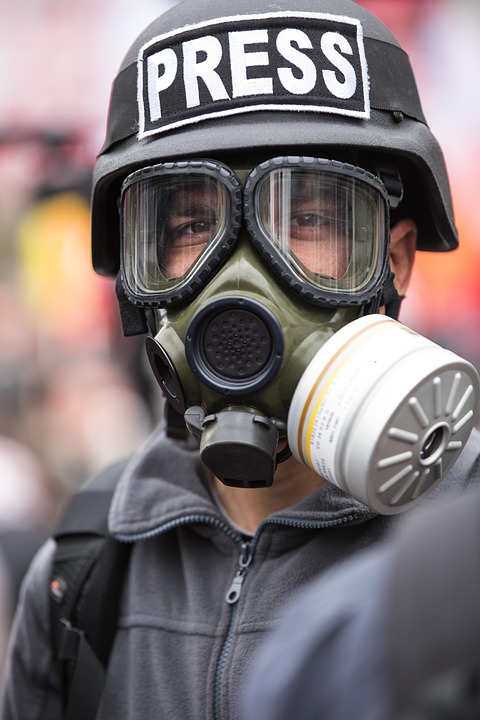Crafting an Impressive Cover Letter for Reporter Journalist Positions: Tips and Examples
When it comes to securing a coveted position as a reporter or journalist, your cover letter serves as your first impression—an opportunity to showcase not just your qualifications but also your passion for storytelling. An exceptional cover letter should resonate with the reader, encapsulating your unique voice while demonstrating your understanding of the industry’s demands.
1. Personalise Your Approach
Generic cover letters are as welcome as a rainy day in London. Tailor your letter to the specific publication or outlet you are applying to. Mention recent stories they have published, or highlight specific aspects of their journalism that resonate with you. This demonstrates not only your familiarity with their work but also your genuine interest in contributing to their team.
For instance, if you’re applying to a local newspaper, you might say: "Having followed your coverage of the recent community initiatives, I am inspired by your commitment to amplifying local voices and would be thrilled to bring my experience in local reporting to your esteemed team."
2. Showcase Your Skills with Flair
Your skills as a journalist extend beyond mere writing. Think about the myriad of competencies you possess—research, interviewing, multimedia proficiency. Use vivid examples to illustrate these skills in action. It’s not enough to declare you’re a talented writer; show it.
Consider this: "During my internship at The Daily Echo, I had the privilege of interviewing a local artist whose work is gaining international acclaim. My piece not only captured her story but also attracted a record number of hits for the arts section, proving that compelling narratives can engage and expand an audience."
3. Highlight Relevant Experience
Employers are looking for candidates who can hit the ground running. It’s crucial to highlight your relevant experience succinctly, weaving in your accomplishments without overwhelming the reader. Use bullet points for clarity and impact.
- Developed a weekly column that increased reader engagement by 30%.
- Covered high-profile events, including the London Fashion Week, providing in-depth analyses and interviews.
- Collaborated with a diverse team to produce a multimedia project that was shortlisted for a national award.
These points not only list your experiences but also quantify your achievements, making your contributions tangible.
4. Convey Your Passion for Journalism
At its core, journalism is about passion. Your cover letter should breathe enthusiasm and convey a deep-rooted commitment to the craft. Whether it’s investigative reporting or human-interest stories, let your excitement shine through.
Express your motivation: "I am driven by an insatiable curiosity and a belief in the power of storytelling to effect change. My commitment to uncovering the truth and presenting it with integrity fuels my desire to pursue a career in journalism."
5. A Strong Closing Statement
Your final paragraph should leave a lasting impression. Reiterate your eagerness to discuss your application further and thank the reader for their consideration. You want to end on a note that is both professional and memorable.
"I would be delighted to discuss how my background and skills align with the goals of your publication. Thank you for considering my application; I look forward to the possibility of contributing to your remarkable team."
In crafting your cover letter, remember that it’s not just a formality but an integral part of your application that can set you apart from the competition. By personalising your approach, showcasing your skills, highlighting relevant experience, conveying your passion, and concluding with a strong statement, you can create a cover letter that resonates.
As you embark on this journey, CVPortal continues to provide you with a wealth of high-quality CV references and resources, ensuring you’re well-equipped to make your mark in the competitive world of journalism.


